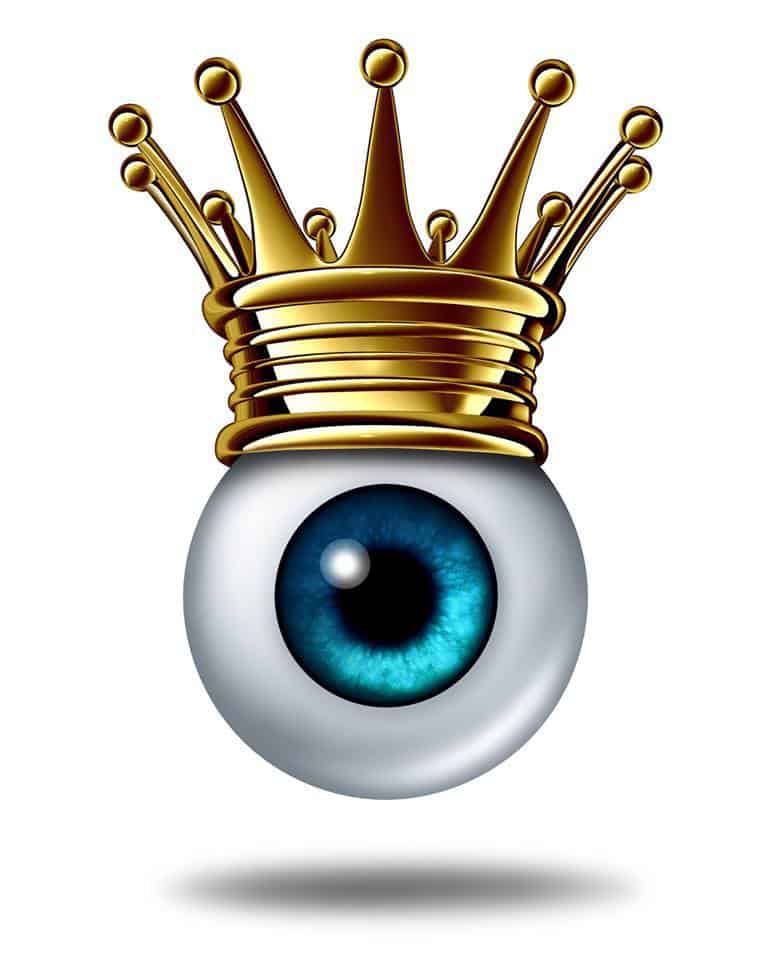Presbyopia is an eye problem that is primarily caused due to aging. It is characterized by a lowered ability to focus on objects by the affected eye. It is generally believed that when the crystalline lens of the eye becomes less elastic, presbyopia develops.
It is not a disease, but simply is an eye condition bound to affect most people after a certain age sets in. The ability to focus on close objects gets worse over the years and is a lifelong process. The first signs of presbyopia are usually noticed around the age of 40.
A young person has an accommodation of about 20 dioptres and as he or she grows, with time the accommodation also lessens, becoming 10 dioptres and plummeting to 1 dioptre by the time the person is sixty years of age. Presbyopics who nonetheless have decent distance vision will initially have problems deciphering fine print, especially in poorly lighted conditions.
The same problem might occur if the person has been reading very long, thus straining the eye. Severe presbyopics complain that their arms have shortened and they are now unable to hold the material that they read at a proper distance so as to be able to decipher it properly.
Corrective lenses including spectacles and contact lenses are used by optometrists and ophthalmologists to treat presbyopia. With people who already have other refractive eye problems and have now developed presbyopia, convex lenses are used for treatment.
Often bifocals or progressive lenses are used, and as the presbyopia worsens the eye doctor changes the prescription accordingly. Even with very severe presbyopia, reading is possible, and sometime reading glasses or half glasses are used to this end. Of course, sitting in better light, holding the book or magazine away or reading larger print may help in some cases.
One word on “over the counter” reading glasses. Remember that they are primarily meant for people with the same prescription in both eyes. We will talk about them in depth in another article. Corrective surgery may also be used to treat presbyopia.
“Remember to keep an eye on your eyes”
- 10 SIGNS YOU NEED AN EYE EXAM - May 20, 2018
- WORLD GLAUCOMA WEEK - March 11, 2018
- The Importance OfEye Exams - February 5, 2018


Recent Comments